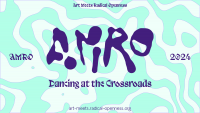DISH program committee has been very busy reading all proposals for papers, workshops, talks etc.. The first day of the conference was kicked off for a rich programme of plenary and parallel sessions on DISH website: be inspired, visit www.dish2015.nl/programme for more information!
Digital Strategies for Heritage (DISH) is the biennial international conference on digital heritage and strategies for heritage institutions. The main theme for DISH2015 is Money and Power. Triggered by changes in society, heritage organisations face many challenges and need to make strategic decisions about their activities and services. The key aims of the conference are inspiration, knowledge, skills, innovation and networking.

Conference (keynote) speakers confirmed:
- Marietje Schaake, Member of the European Parliament for the Dutch Democratic Party (D66) with the Alliance of Liberals and Democrats for Europe (ALDE) political group, will give the opening keynote on day 1 of DISH2015.
- Marens Engelhard, National Archivist of the Netherlands and director of the Dutch National Archives, will give the opening keynote on day 2.
- Jan Müller, CEO Netherlands Institute of Sound and Vision, will be chair during both days of DISH2015.
- Jill Cousins, Executive Director of the Europeana Foundation, gives a keynote related to the theme Lose Control, Gain Influence!
- Keynote speaker Stuart Hamilton, Director of Policy and Advocacy & Deputy Secretary General at IFLA, will give a presentation related to the Stand up for yourself! theme.
- Arnoud Odding, writer of The Disruptive Museum and Director at the Rijksmuseum Twenthe, will give a keynote related to the Lose your modesty! theme.
More information


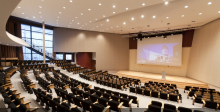
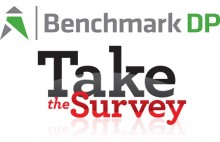



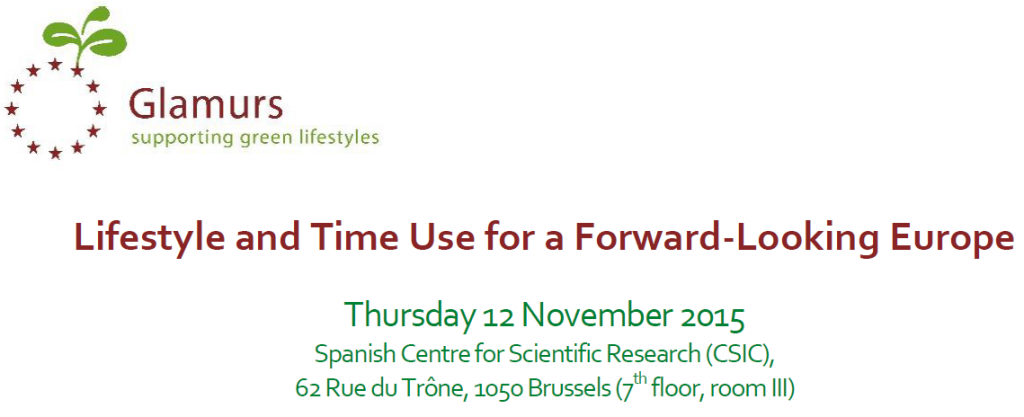
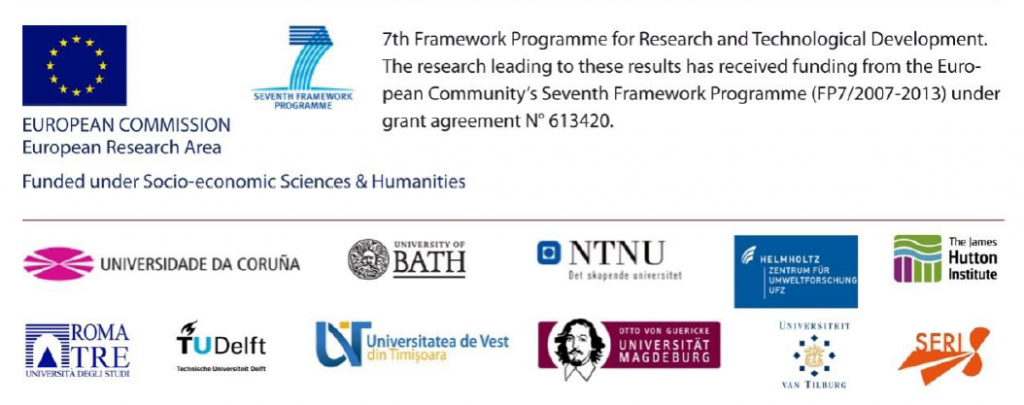
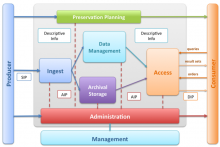
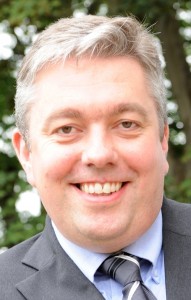 Dear All,
Dear All,

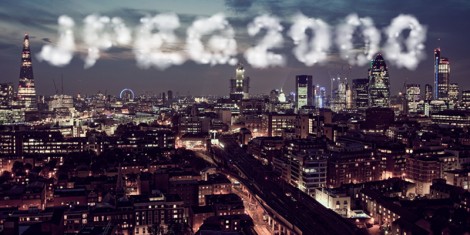


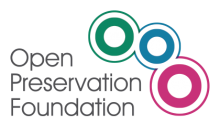 JHOVE (JSTOR/Harvard Object Validation Environment) is an extensible software framework for performing format identification, validation, and characterisation of digital objects. The Open Preservation Foundation (OPF) took over stewardship of JHOVE in February 2015 to provide it with a permanent and sustainable home.
JHOVE (JSTOR/Harvard Object Validation Environment) is an extensible software framework for performing format identification, validation, and characterisation of digital objects. The Open Preservation Foundation (OPF) took over stewardship of JHOVE in February 2015 to provide it with a permanent and sustainable home.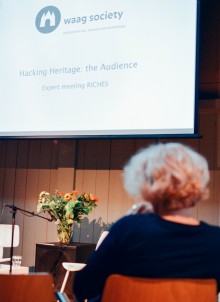
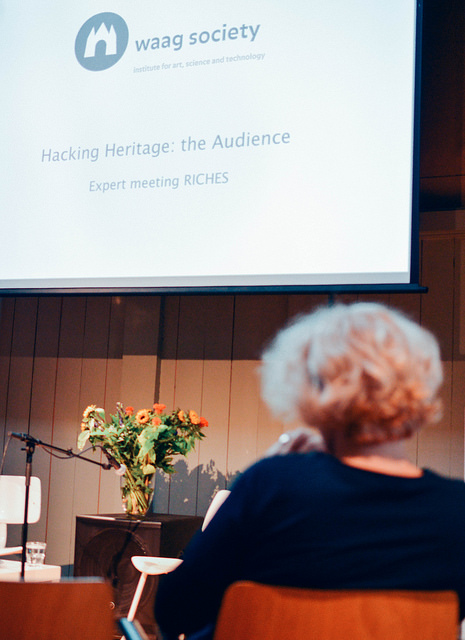 On Monday October 5th 2015, almost 60 heritage professionals gathered in the Waag’s Anatomical Theatre in Amsterdam and discussed how co-creation can be applied in the heritage sector to create new stories or new connections with audiences.
On Monday October 5th 2015, almost 60 heritage professionals gathered in the Waag’s Anatomical Theatre in Amsterdam and discussed how co-creation can be applied in the heritage sector to create new stories or new connections with audiences.





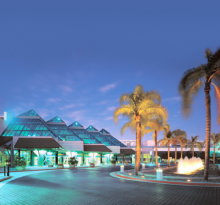
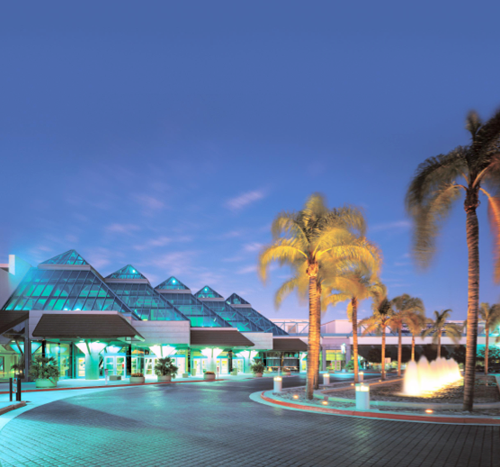
 If you have interesting news and events to point out in the field of digital cultural heritage, we are waiting for your contribution.
If you have interesting news and events to point out in the field of digital cultural heritage, we are waiting for your contribution.














